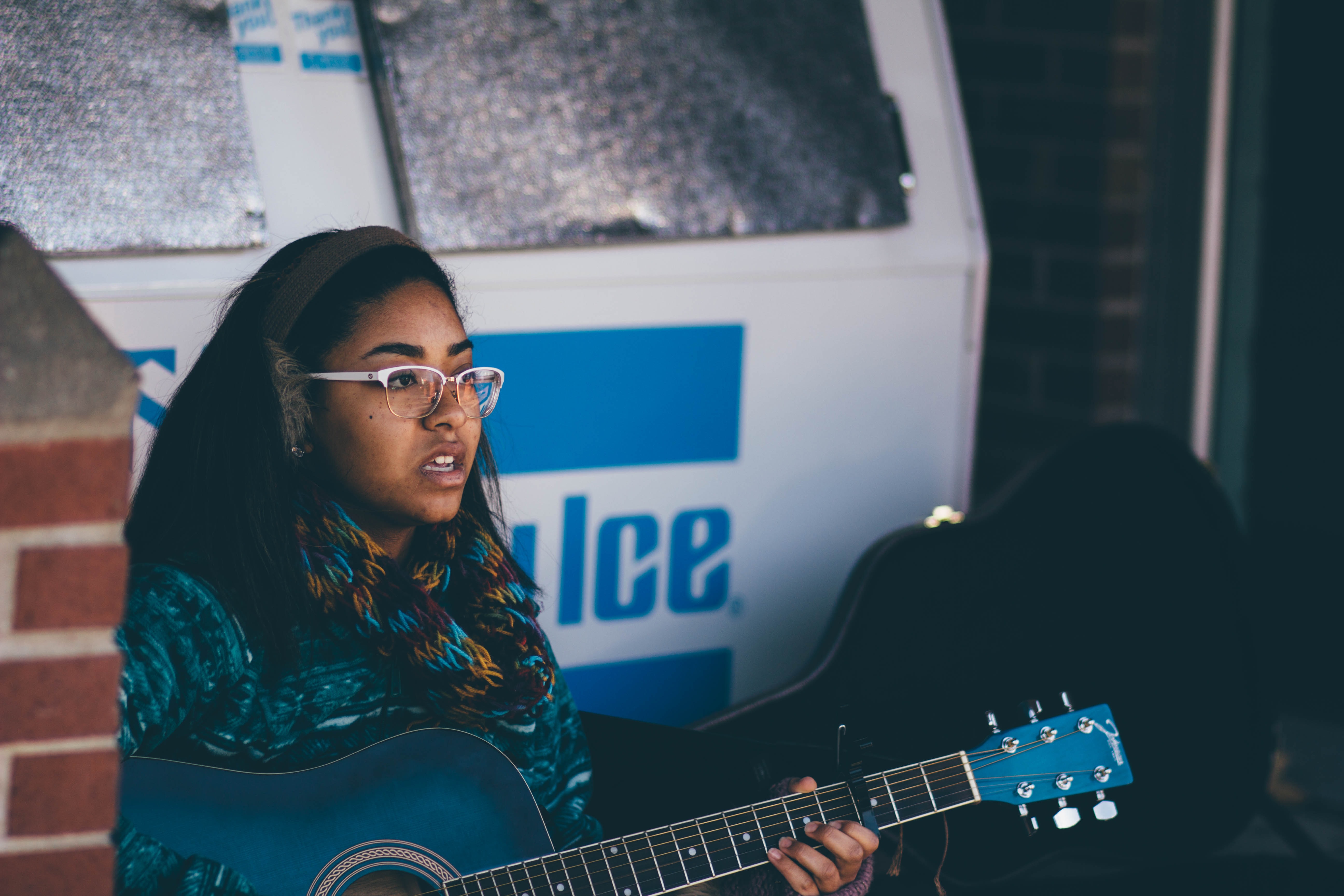10 Monologues from Characters in Family Conflict
Written by Meghan Mitchell
January 9, 2017
Looking for a monologue that grapples with conflict in family matters? These monologues feature characters frustrated at their mothers and fathers, brothers and sisters. They are finally attempting to break free from their family ties. Whether these characters are in broken homes, plagued with divorce, abuse, or misinterpreting kind acts as acts of embarrassment, these characters all have one thing in common—their own family issues.
A monologue from Hearts by Rosary O’Neill

(Male, Dramatic, Late Teens-20s)
A critically ill young artist must reject his family’s fortune to pursue his precarious passion to make art. An antebellum mansion in the Garden District, New Orleans, Louisiana creates the setting for this artist’s last fight. When a new age nurse arrives and proposes the hope of a renewed life at a distant artists colony, the man must choose between his doomed if comfortable Gothic history and a bohemian precarious future. In this monologue, Rooster—the artist—tries to spare his girlfriend from his monstrous mother.
A monologue from Ronnie’s Cabinet by Olivia Briggs

(Female, Dramatic, 20s-40s)
Sarah has told Ronnie that she has terminal cancer, and despite his protestations, she does not want to fight it. In addition, after years of denial and Ronnie playing the victim, Sarah has just gotten Ronnie to acknowledge the turmoil that she had to deal with growing up with their overbearing, perfectionist father.
A monologue from Another Paradise by Donna Spector

(Female, Dramatic, 20s)
Set in Paradise, Kentucky, Another Paradise is a full-length memory play narrated by two women, Birdie Mae Tyler, and her daughter Neva, both on a journey of self-discovery. In this monologue, Neva talks to her mother about being ashamed of her family. Neva is very elegant, and speaks with a genteel Southern accent. However, she was not brought up to be elegant and has issues with the way she was raised.
A monologue from Women of Choice by David Rush

(Female, Dramatic, 20s-50s)
This standalone monologue is entitled “SALLY, the Victim.” Sally is speaking to her brother, Martin, who has been overseas with the Army (and who has also left her with their elderly mother). Sally has done unspeakable things; she blames Martin for the downward spiral she experienced while taking care of their mother, and her take on the subject is one of blameless victimhood, not remorse.
A monologue from Behind Cut Glass by Rosary O’Neill

(Male, Dramatic/Serio-Comedic, Teens)
This is a Southern comedy about mature love found later in life, and the trouble and insight that such discoveries can bring. Though well-warned, Kitten, a runaway housewife, decides to travel with her Tulane professor, Beau, on a train trip through the Louisiana swamp. Their plans are upset when her son, Bunky, in an effort to punish her, shows up as a stowaway on the train. Kitten and Beau struggle through their disappointments, mourning the futility of their lives, while the hurricane brewing outside the train builds toward its inevitable whirlwind of destruction. In this monologue, Bunky defends running away from home.
Dad’s Best Friend by R.J. Ryland

(Male/Female, Dramatic, Juniors-Teens)
This monologue is not from a play; it is a standalone piece. This scene entitled, “Dad’s Best Friend.” A child begins talking about their relationship with the family dog and how the dog is mean to them. But the monologue turns into a sad reflection on how the child doesn’t get as much love from their father now that the child’s mother is dead. The father dotes on the dog instead. This is a great monologue for an actor exploring deep emotion connection to a family member and sadness.
A monologue from Christmas Superpowers and Believing in Blitzen by Tara Meddaugh

(Male, Dramatic, Juniors-Teens)
Sam tells us about his Christmas morning. He received oranges in his stocking for Christmas, and he really wanted chocolate. When he complains to his parents, his mom becomes upset, and his dad reminds him that some things are just tradition. Sam looks around the living room and sees all the things that his mother has done in order to make Christmas come to life in their house. He decides, after seeing these decorations, that he should be thankful for his gifts. He and his parents make orange juice with the oranges he gets for Christmas; a monologue featuring family conflict/resolution.
A monologue from For Our Mothers and Fathers by Crystal Skillman

(Female, Dramatic, Teens)
All Girls Rock Camp in the wilderness. Donya, seemingly confident and cool, but has her own fears for sure, plays guitar. She has entered in the middle of a conversation between two other girls: Max and Lil. In the middle of an explosion of emotions between the two girls, Donya speaks to break the tension. She talks about her childhood and how she always wanted to run away. Before leaving for camp, she discovered that her mother was part of a circus, a lifestyle that demands “running” for all of its travel. Donya reveals that she writes for her mother and to capture the feeling of wanting to stay.
Separated by R.J. Ryland

(Male/Female, Dramatic, Juniors-Teens)
This monologue is not from a play; it is a standalone piece. This scene entitled “Separated.” A child has heard the night previous that their pet parrot, Hugo, was taken away by the child’s father. However, the parrot wasn’t just taken away, he was bought. It is revealed that the child’s parents have gotten a divorce and that possessions are being split up based on which parent purchased them. The child is afraid that they will also be bought. A great monologue for an actor exploring dramatic work or a role that calls for a deep emotional connection to family.
A monologue from Warriors by Hayley Lawson-Smith

(Male, Dramatic, Teens-Early 20s)
In this monologue, Peter, in his final year of high school, is pondering yet another ridiculous essay question. His mother always called him “Peter Pan” while growing up, attempting to keep him young forever in her mind. After growing up and not wanting the embarrassment, Peter yells at his mother which finally puts an end to his childhood persona. (Words in [brackets] indicate American substitutes for the Australian words.)
Looking for other monologue collections? Check out the ones below!
- 10 Monologues from Latino, Latina, and Hispanic Characters
- 10 Monologue from Characters Coping With Mental Illness
- 10 Comedic Monologues from Characters Suffering an Identity Crisis
- 10 Monologues from Characters Seeking Approval
- 10 Monologues from Characters Who Need to Apologize
- 10 Monologues from Male Characters: Fathers, Brothers, and Sons
- 10 Monologues for Women Who Speak Their Mind
- 10 Greek and Roman Monologues for Men
- 10 Monologues for People Who Have a Bone to Pick
- 10 Great Monologues from LGBTQ-Identifying Characters
- 10 Monologues for Characters Who Have Theatre on the Brain
- 10 Male Monologues from Characters Dealing With Death
- 10 Great Shakespearean Monologues for Women
- 10 Great Shakespearean Monologues for Men
